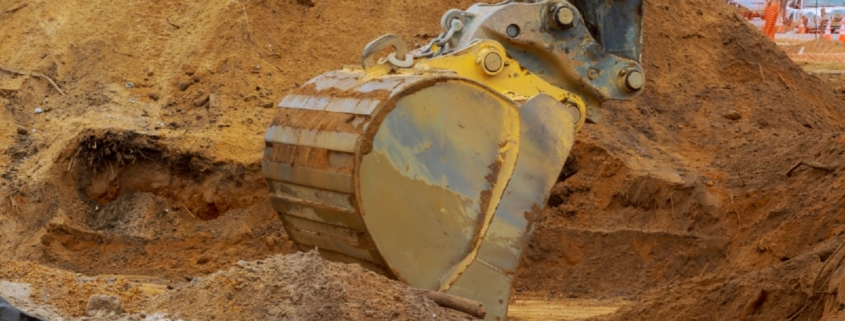The Psychology Behind Effective Construction Site Management 6447
Understanding the Essentials of Sustainable Construction
The construction industry is currently undergoing a transformation with the rise of sustainable construction. This approach to building design and construction focuses on minimizing environmental impact and enhancing occupant health and comfort.
Sustainable construction entails the use of green materials and technologies to minimize energy consumption and waste production. The building designs are also optimized to take advantage of natural light and ventilation, thereby reducing the need for artificial lighting and air conditioning.
A key element of sustainable construction is material selection. The use of recycled and locally sourced materials can dramatically reduce the carbon footprint of a construction project. These materials can include recycled steel, reclaimed wood, and bio-based insulation materials.
In addition to material selection, energy efficiency is another vital component of sustainable construction. This can be achieved through various means, such as installing high-efficiency HVAC systems, implementing solar panels, and using energy-efficient appliances.
Furthermore, sustainable construction aims to boost water efficiency. This can be done by incorporating water-saving fixtures, rainwater harvesting systems, and greywater recycling systems into the building design.
Finally, sustainable construction also focuses on improving indoor environmental quality. This involves using materials and products that release low or no volatile organic compounds (VOCs), incorporating natural light and ventilation, and including indoor plants to purify the air.
In conclusion, sustainable construction is primarily concerned with reducing environmental impact, improving occupant health and comfort, and promoting resource efficiency. By understanding the basics of this approach, construction professionals can contribute to a more sustainable future.
The Role of Technology in Streamlining Construction Processes
In recent years, the role of technology has become increasingly important in the construction industry. It is being utilized to streamline processes, improve efficiency, and enhance safety.
One of the main ways technology is being used is through Building Information Modeling (BIM). BIM allows construction professionals to create a 3D model of a building, which can be used to plan and manage the construction process. It can also be used to detect any potential issues before construction begins, thus reducing the risk of costly errors.
Another technology that is revolutionizing the construction industry is drones. Drones can be used to inspect construction sites, monitor progress, and identify potential safety hazards. They can also be used to create detailed 3D models of construction sites, which can be used for planning and design purposes.
In addition to BIM and drones, virtual reality (VR) is also being used in the construction industry. VR can be used to create immersive, 3D visualizations of a building before it is built. This allows clients to visualize the finished product before construction begins, and provides a valuable tool for design and planning.
To summarize, technology is playing a crucial role in the modern construction industry. By adopting these technological advancements, construction professionals can boost efficiency, reduce errors, and improve safety.
For more details, check best Roof Repair Services Dublin or visit their Roof Repair Services Dublin business listing here.



